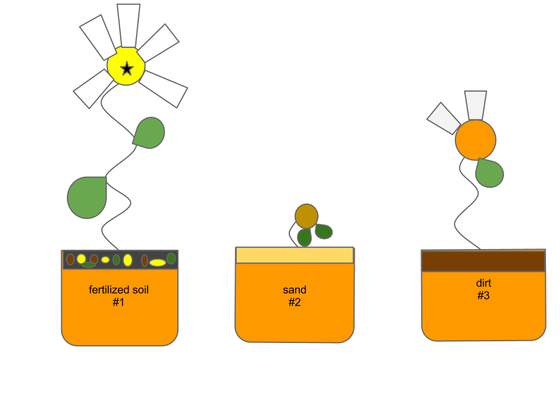Introduction:
In scientific research, variables play a fundamental role in understanding relationships and uncovering new knowledge. Among the different types of variables, the independent variable holds particular significance. This article explores the concept of an independent variable, its definition, characteristics, examples across scientific fields, experimental design considerations, its relationship with dependent variables, and its importance in advancing scientific progress.
Understanding Variables in Scientific Research:
Before delving into independent variables, it is essential to grasp the broader concept of variables in scientific research. Variables are factors that can be measured, controlled, or manipulated in an experiment. They are the elements that researchers investigate to understand their effects or relationships. In experiments, variables are categorized into three main types: independent variables, dependent variables, and control variables.
Definition and Role of an Independent Variable:
An independent variable is the variable that is intentionally manipulated or changed by the researcher in an experiment. It is the factor that researchers believe will have an impact on the dependent variable. The independent variable is controlled by the researcher to observe the resulting changes in the dependent variable. It is the cause or predictor variable that researchers want to study and understand its influence on the outcome.
Examples of Independent Variables:
Independent variables can take various forms depending on the nature of the research and the scientific field involved. In biological sciences, an independent variable may be the dosage of a drug administered to a group of subjects. In physical sciences, it could be the temperature applied to a material or the intensity of a light source. In social sciences, independent variables can be socioeconomic factors, experimental interventions, or demographic characteristics.
Designing Experiments with Independent Variables:
Designing experiments involves careful consideration of the independent variable. It begins by identifying the research question or hypothesis. The independent variable is then selected, manipulated, and controlled to observe its effects on the dependent variable. Control variables are also established to minimize the influence of unwanted factors. Experimental and control groups are created to compare the outcomes and analyze the relationship between the independent and dependent variables.
Relationship between Independent and Dependent Variables:
The dependent variable is the variable that is measured or observed to assess the effect of the independent variable. It is the outcome or response variable that researchers are interested in understanding. The relationship between the independent and dependent variables is critical in establishing cause and effect relationships. By systematically manipulating the independent variable and measuring the changes in the dependent variable, researchers can analyze the impact of the independent variable on the outcome.
Limitations and Considerations with Independent Variables:
When working with independent variables, researchers must consider potential confounding variables that may influence the results. Confounding variables are external factors that can affect the relationship between the independent and dependent variables. Additionally, external validity and generalizability should be considered to ensure that the findings can be applied to broader contexts. Ethical considerations must also be taken into account when manipulating independent variables, ensuring the well-being and rights of research participants.
Importance of Independent Variables in Scientific Progress:
Independent variables are crucial in advancing scientific knowledge and understanding. They form the basis for formulating hypotheses, making informed decisions, and developing evidence-based policies. The ability to replicate and verify findings depends on the clarity and control of independent variables. By carefully designing experiments and manipulating independent variables, researchers can contribute to the cumulative knowledge within their fields and drive scientific progress.
Conclusion:
Independent variables are key components of scientific research, allowing researchers to explore cause and effect relationships and understand the impact of specific factors on outcomes. They are intentionally manipulated or controlled variables that form the foundation of experiments across scientific disciplines. By understanding the role and significance of independent variables, we can appreciate their impact on scientific progress and the advancement of knowledge.


